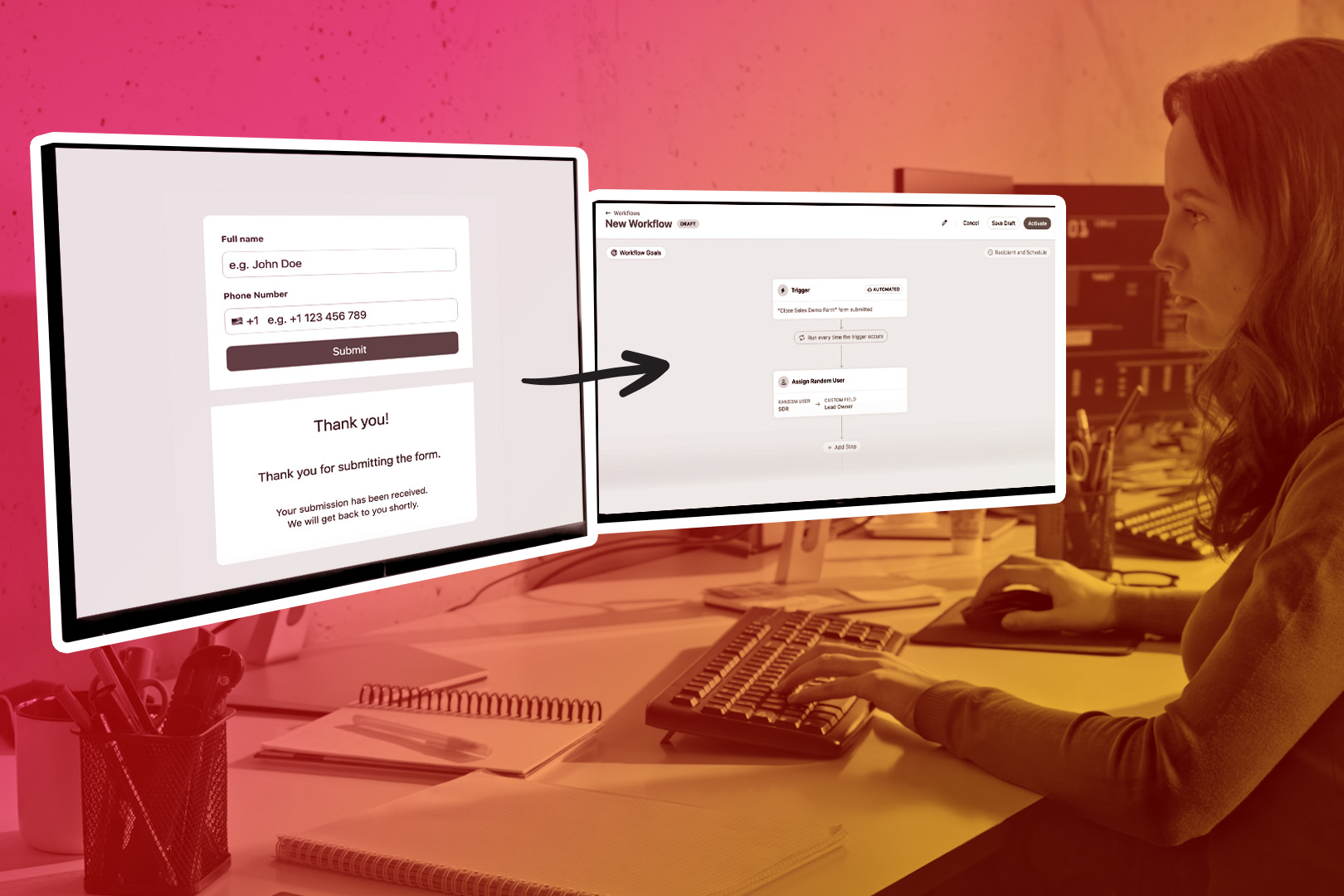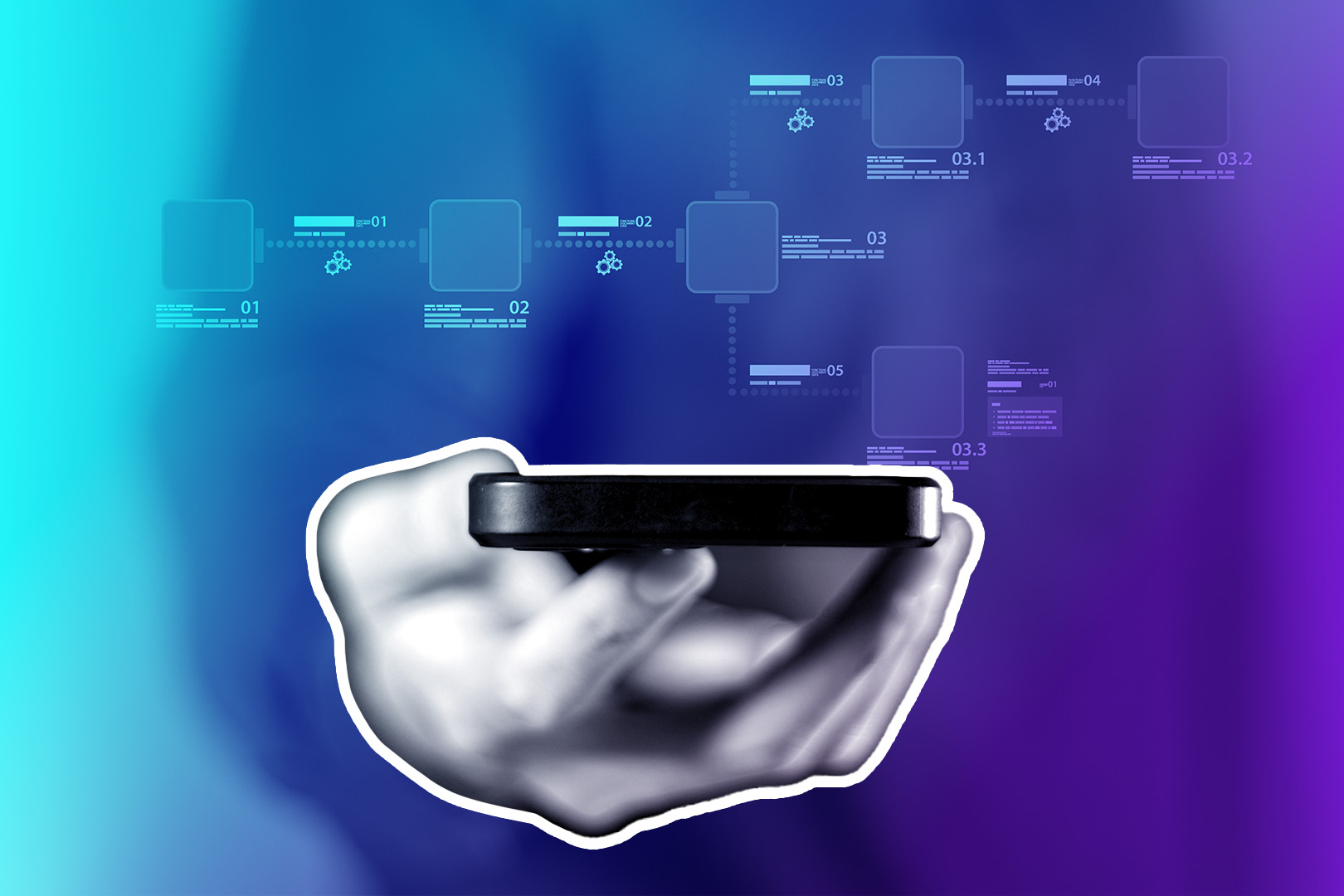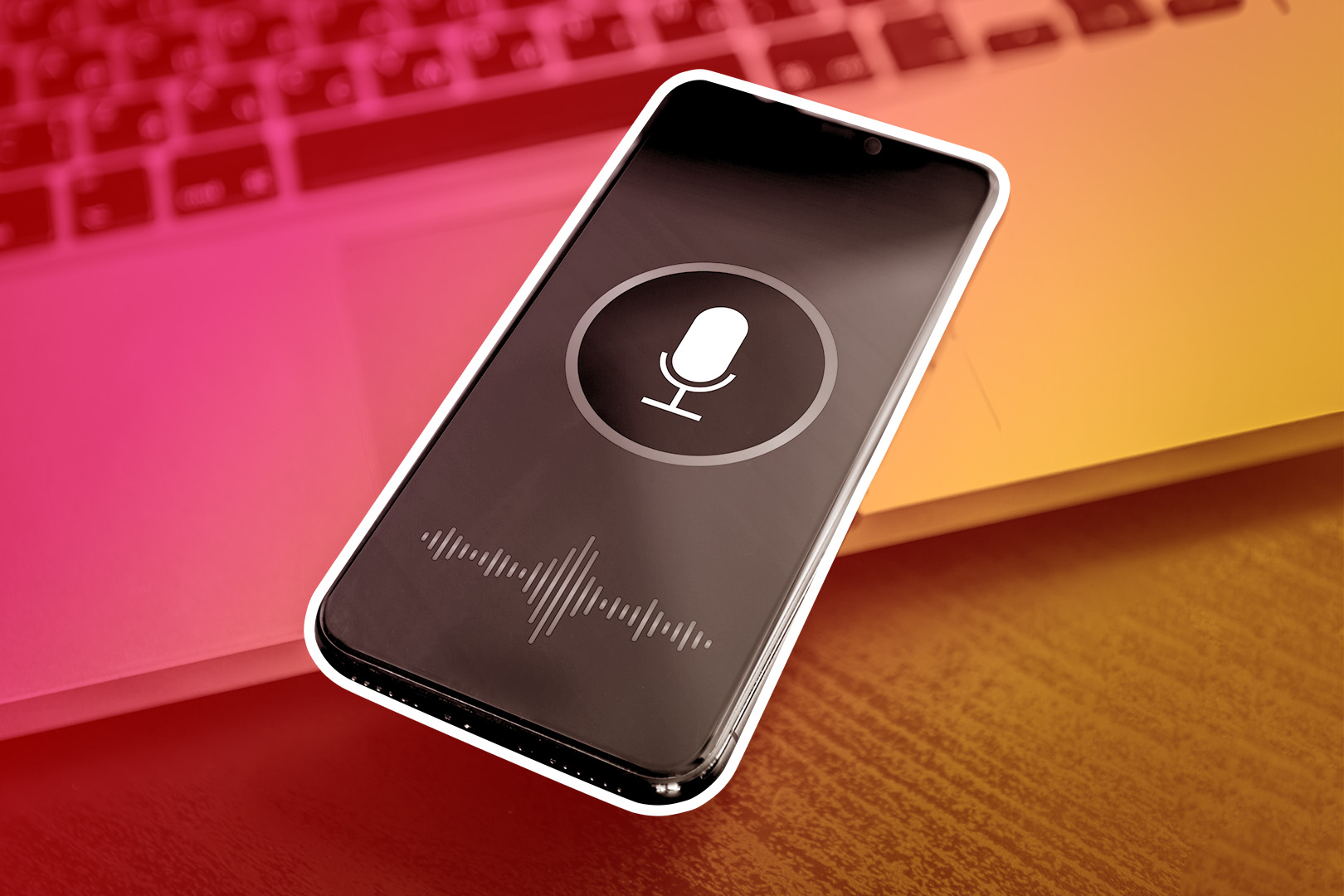Creating qualified sales conversations on LinkedIn is crucial for building a successful sales pipeline in today’s B2B landscape. However, many professionals feel overwhelmed by the platform’s noise, unsure of how to get started or stand out.
Do you recognize yourself in any of the following statements?
- “LinkedIn is full of spammy spammers who spam a lot – and I just don’t want that associated with my brand.”
- “I know I need to use LinkedIn, but I just don’t know where to start.”
- “LinkedIn used to be great, but now it’s just too noisy, and I’m not getting engaged anymore.”
We recently sent out a survey, and 90 percent of all respondents' complaints about LinkedIn aligned with one of those statements. This is a shame because LinkedIn is still one of the most powerful sales tools, especially if you are in B2B sales or marketing.
Knowing this, my company developed a six-phase social selling process on LinkedIn to help our clients create more sales conversations and build a sales pipeline with qualified leads.
So, let’s take a look at the process and a few of the strategies we teach in each phase.
Phase 1: Create a Social Selling Mindset

The first phase is mindset. If you or your employees have not bought into the concept of “social selling” with LinkedIn, you’ll have an abysmal adoption rate. Therefore, the first strategy is to help set your own (or your employees') mindset.
One easy way to do this is to share some of the statistics and results that will help convince them that LinkedIn really is relevant to their success - and that they can most definitely win more sales with it!
You can even use some of the following pertinent stats found in our own state of digital sales report:
- Reps with the highest SSI (Social Selling Index) score were 3.4x more likely to hit their quota, achieve an average 55 percent boost in sales performance, and complete 3.6x more deals.
- Eighty-two percent of buyers consume five or more pieces of content from the selected vendor.
- Eighty-four of B2B buyers start the purchasing process with a referral
- Peer recommendations influence 90 percent of all B2B buying decisions.
Phase 2: Build a Strong Personal Brand
The second step is building a strong personal brand by developing a “buyer-centric” profile. The last thing you want is for someone to Google or find you on LinkedIn, travel to your LinkedIn profile, and opt out of working with you because you have such an abysmal presence!
LinkedIn has three types of profiles: those that will attract more views and engaged prospects, mediocre profiles that elicit a “meh” experience, and profiles that can cost you business. I don’t have the latter!
If you have a team of people working with you, consider creating a template for them with things like:
- Standardized company or industry-branded background images–and give them a few choices.
- Options for headlines: Focus on who you help and how you help them rather than your “Title at Company.”
- Several outlines for their summary section–building on who you help and how you help them.
- An approved description of your company for the experience section.
- Include media (links or documents) that they can upload.
Make it as easy as possible for them to create a profile that proudly represents your company! You want your employees’ profiles to be a resource, not a resume.
To enhance your profile, consider leveraging Close's LinkedIn Headline Generator and LinkedIn Summary Generator. These AI-driven tools help craft impactful, professional headlines and summaries that resonate with your audience, elevating your brand on LinkedIn.
Phase 3: Engage Your Audience

The third phase of our process is learning how to engage on LinkedIn. Most people think connecting is next, but that is not true.
As with any networking event - you would never walk up to somebody and shove your business card in their face before at least asking their name, where they are from, and what they do. Hopefully, you’d be even more discreet than that! You also don’t want to enter relationships on LinkedIn that way. You must earn the right to connect by:
- Engaging in your prospect’s content
- Asking for a referral or introduction
- Sharing content that would interest them
Let’s discuss the second point. Remember that stat from above? 84% of B2B buyers start the purchasing process with a referral, and 90% of all B2B buying decisions are influenced by peer recommendations. Referrals are the best way to start a conversation on LinkedIn.
Phase 4: Focus on Connecting

The fourth phase is learning to connect. And you must do this after you earn the right.
Look for engagement triggers! People viewing your profile is a big one. If someone has viewed your profile, you’ve earned the right to communicate with them and invite them to connect.
Of course, if you have been referred to someone and started a conversation, by all means invite them to connect. And don’t forget to bring your mobile phone when you go to conferences, trade shows, or events.
Those are great opportunities to invite the people you meet to connect on LinkedIn. There’s even a nifty QR code feature on LinkedIn Mobile that will make it super easy. You can even create a LinkedIn QR code using any of these best QR code generators.
Phase 5: Feed Your Network

Once you’ve connected with your prospects, feed them with created and/or curated content. You want to stay at the top of your mind with them. This will also position you as a thought leader and a trusted advisor within your industry. That’s the goal! To convert people from thinking of you as an annoying pesky salesperson to a trusted advisor.
Even if you are not a marketing genius, you can still create or curate information for your audience. Think of a question you get asked all the time...now write out the answer, create a video with the answer, or find the answer in your existing blog (if you have one). Share that answer in an update and repeat.
Here are some strategies to help get your content seen and engaged with:
- You have 1200 characters to describe the content–use them.
- Frame your post by addressing the prospect that the article, update, blog post or video is relevant to.
- Give some bullet points about what the article or video is about.
- Add a call to action to “click through”, “read more”,” leave a comment”, “leave some feedback”, or all of the above.
- Don’t forget to add #hashtags - they can help your content be discovered on Linkedin.
- Using a dedicated LinkedIn scheduling tool to plan, create, and schedule your content will help not only with consistency but also with discoverability
- Add emojis. They will draw more attention to your content–make sure they are relevant to your audience.
Phase 6: Develop a Cadence
The final phase is setting up a cadence. Make sure that you are doing a little bit of activity every day! This includes (at least at first) booking time in your calendar to do the social selling LinkedIn activities, creating checklists of what needs to be done each day/week/month, and following through.
You might find some of these activities more accessible to do on your mobile phone during your commute (as long as you are not driving). Or you might find it easier to do it in the morning before your day, at lunchtime during the break, and in the evening while watching Netflix.

Transform LinkedIn into a Sales Powerhouse
By simply following our six-phase process, and doing a little bit every day, you will absolutely fill your pipeline with more high-quality prospects, start more conversations with qualified leads, and close more deals!
Want to more sales? You need This playbook to build and scale a winning sales team and process. Grab it free!









.jpg)


